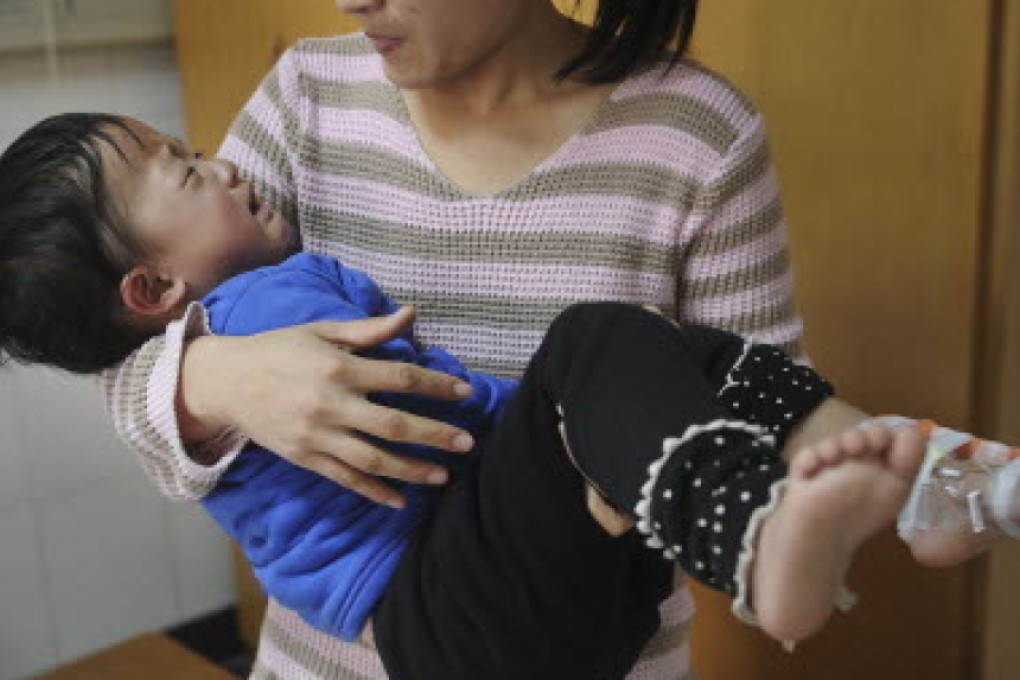No one should die of hepatitis
Shin Young-soo says the action plan for this disease - a major killer in the region despite being treatable - won't work without social support

Viral hepatitis is the world's eighth-largest killer, in large part through inattention. This silent epidemic leads to deadly cirrhosis and cancer of the liver. Globally, hepatitis kills more people every year than HIV/Aids, tuberculosis or any other communicable disease.
The World Health Organisation's Western Pacific region - with a quarter of the world's population - has half of the world's hepatitis B cases and a disproportionately high number of hepatitis C cases. Put in perspective, this means that in the region, more than one person dies every minute from hepatitis.
Important gains have been made. Infant vaccination against hepatitis B has helped to save millions of lives. But that alone is not enough. Immunisation cannot help those already infected with hepatitis B, and no vaccine exists for hepatitis C.
Education will change perceptions and thus save lives, and create the needed political and social support for action
The good news is that we now have effective tools to prevent and treat the disease. Over the past decade, antiretrovirals such as tenofovir and entecavir have shown they can suppress hepatitis B, halting - and potentially reversing - the disease's progress. The vast majority of hepatitis C cases can now be cured in just three months. Treatment, however, remains unaffordable for most in the region.
Hepatitis is preventable and treatable, and no one should be suffering or dying from it. This requires a comprehensive strategy as outlined in WHO's "global health sector strategy on viral hepatitis", which has been adapted for use in the region.
Outbreaks that once seemed insurmountable - such as HIV - have largely been brought under control worldwide. Our goal is to do the same for hepatitis.
Psychological pain and social exclusion arise from the stigma attached to the disease. The overwhelming stigma associated with it recently caused one young Chinese undergraduate student to take her own life, when a hepatitis B virus diagnosis in the wake of a blood donation - an act of humanity - left her frightened and isolated.